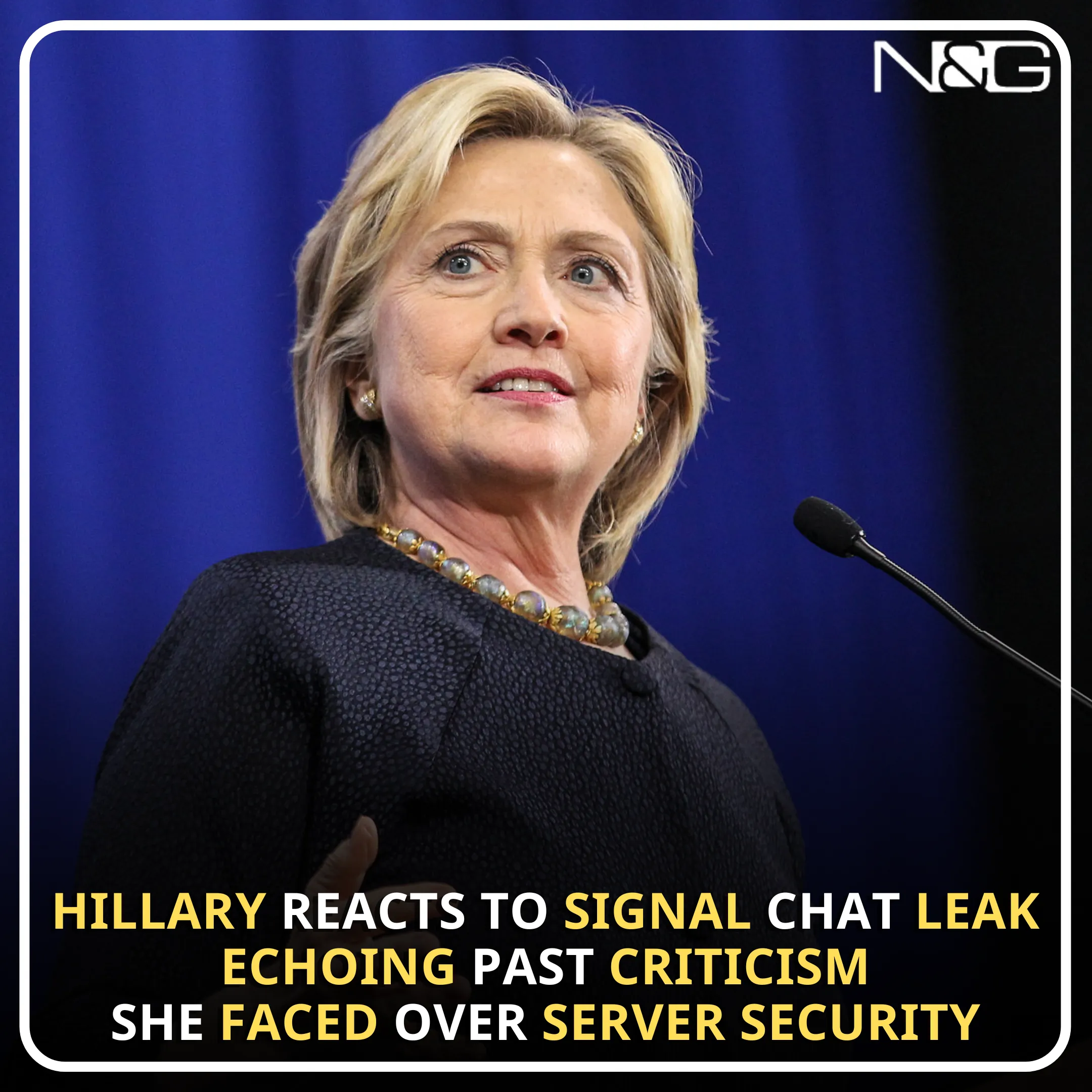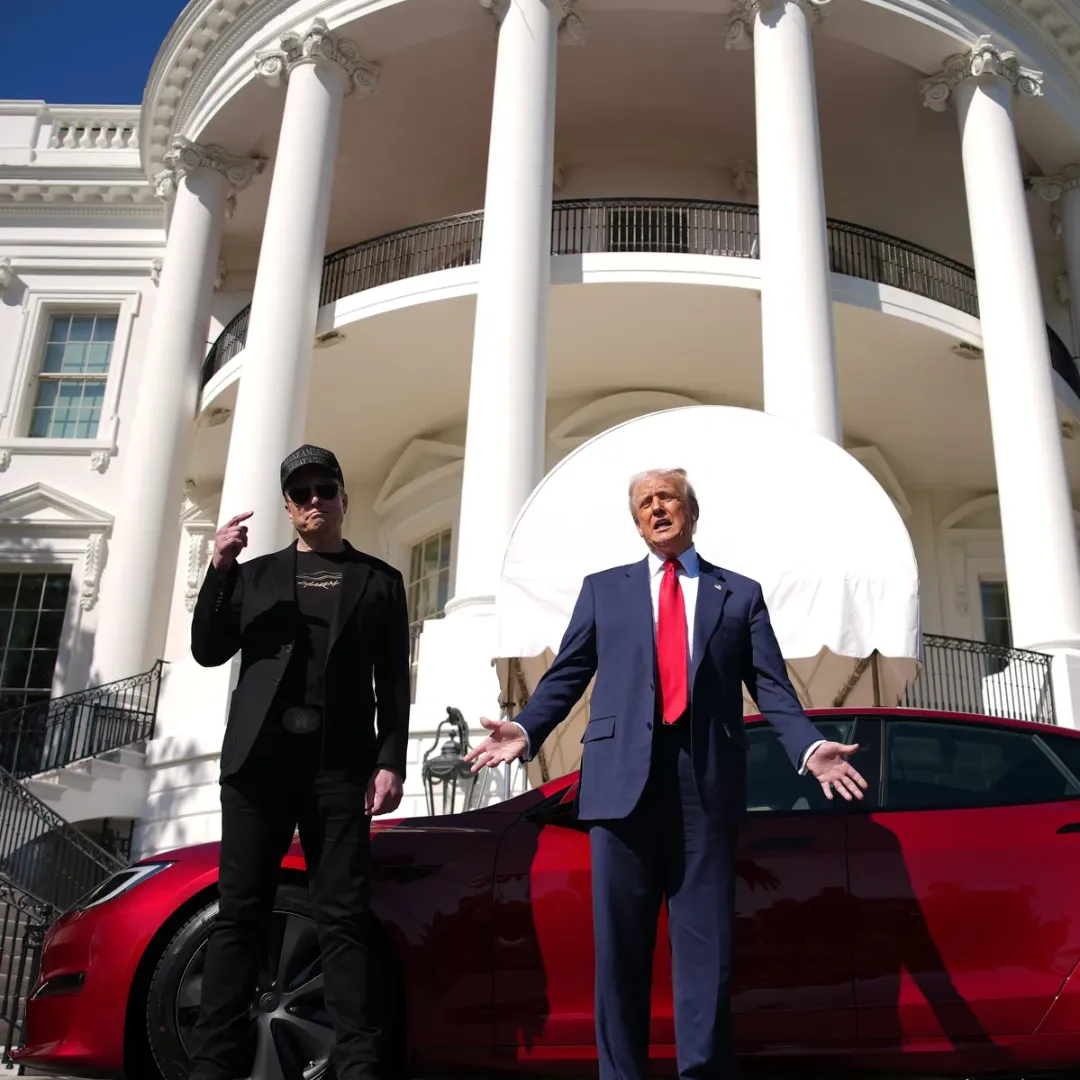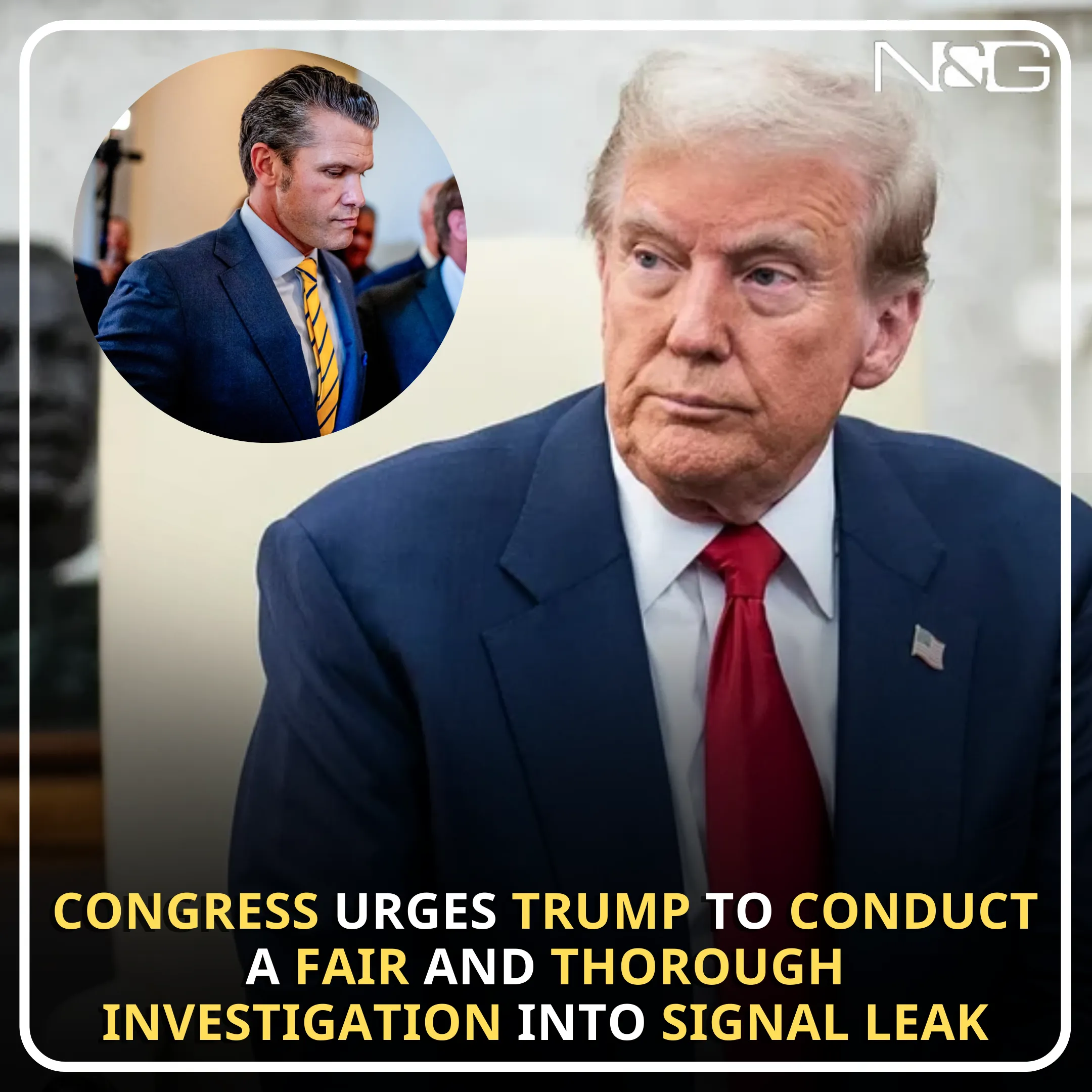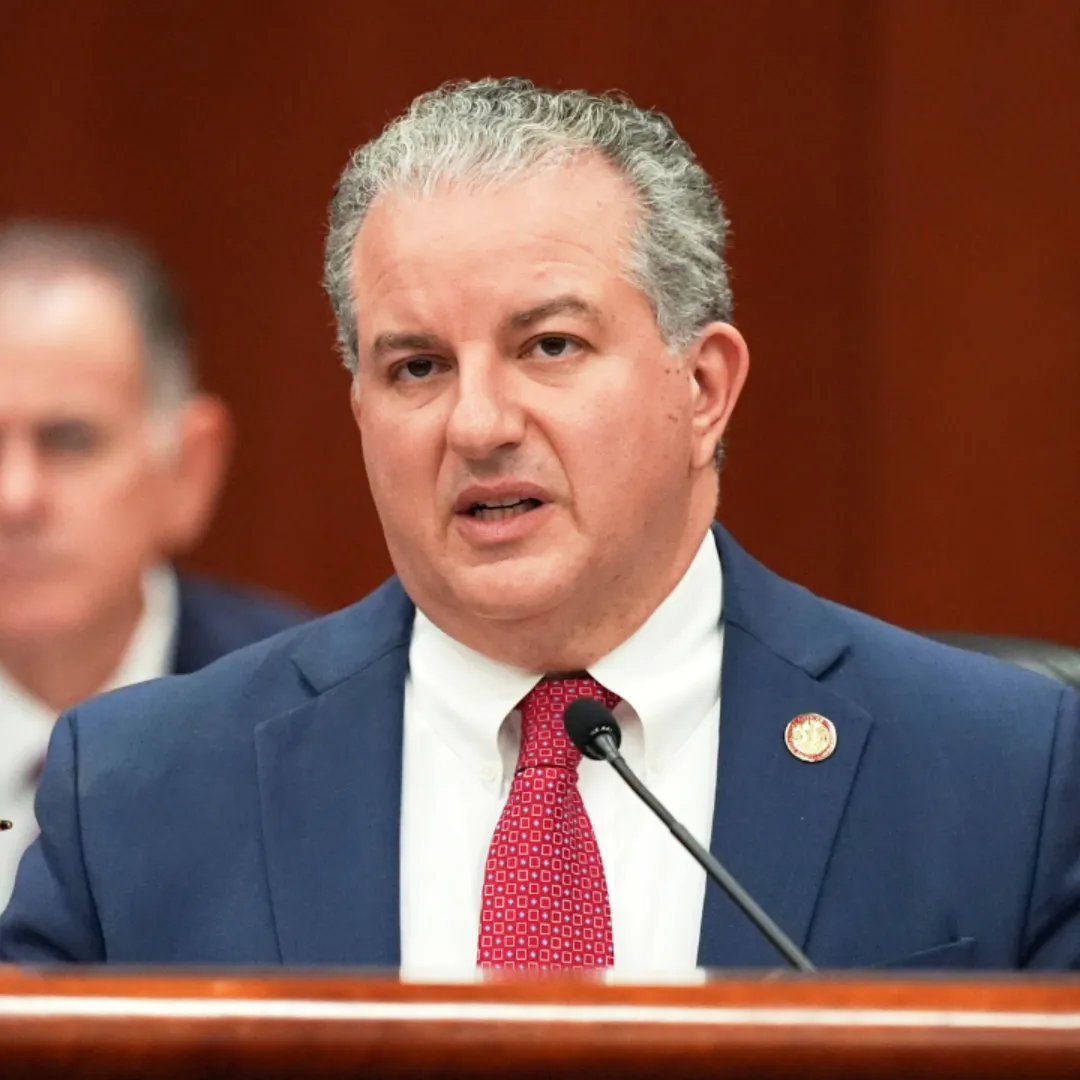
In a move that is drawing widespread legal scrutiny and raising alarms among civil liberties advocates, President Donald Trump on Thursday signed a sweeping presidential proclamation aimed at WilmerHale, a major Washington-based law firm that once employed former special counsel Robert Mueller and his top aides.
The proclamation orders an aggressive rollback of the firm’s access to government resources — including the suspension of all security clearances held by WilmerHale personnel, an immediate review of the firm’s physical access to federal facilities, and the termination of any existing or pending government contracts with the firm.
The action marks the latest salvo in Trump’s ongoing campaign to dismantle institutions and individuals connected to the Mueller investigation — an investigation that, although it did not charge Trump with criminal wrongdoing, cast a long shadow over his first term and continues to shape political dynamics in his second.
Though Robert Mueller retired from WilmerHale in 2021, the presidential proclamation directly cites his former association with the firm as justification for the action. The proclamation also names two of Mueller’s top aides, Aaron Zebley and James Quarles, both of whom returned to WilmerHale after their time with the special counsel’s office.
“This weaponization of the justice system must not be rewarded, let alone condoned,” the proclamation declares, suggesting that WilmerHale’s mere employment of these figures renders it untrustworthy for continued cooperation with the federal government.
It’s a bold assertion — and a stark departure from norms surrounding the independence of the legal profession. Never before has a president used executive power to impose such a broad punitive measure on a major U.S. law firm based solely on past affiliations of its personnel.
Legal experts warn that the move, if left unchallenged, could set a dangerous precedent in which political retaliation becomes an acceptable basis for denying firms access to public contracts and government work.
In a carefully worded but pointed response, a spokesperson for WilmerHale acknowledged the order and emphasized the firm’s bipartisan history and legal credentials.
“Our firm has a longstanding tradition of representing a wide range of clients, including in matters against administrations of both parties,” the statement said.
It also pointedly defended Mueller’s service to the country: “The Executive Order references Robert Mueller, who retired from our firm in 2021, and had a long, distinguished career in public service, from his time as a Marine Corps officer in Vietnam to his leadership of the FBI in the aftermath of the September 11th terrorist attacks.”
WilmerHale added that it would seek “all appropriate remedies” to what it called an unlawful order — a strong signal that the firm is prepared to challenge the proclamation in court.
This is not the first time Trump has used the weight of the presidency to target law firms he perceives as aligned against him. In recent weeks, his administration has launched similar actions against Perkins Coie and Paul, Weiss — two major firms with Democratic ties or connections to litigation involving Trump or his political allies.
A federal judge recently issued an injunction temporarily blocking the part of an earlier executive order that would have denied Perkins Coie attorneys entry into federal buildings, pending further legal review. That case could become an important legal test of Trump’s authority to impose such punitive actions based on perceived political bias.
Meanwhile, Paul, Weiss appears to have reached a negotiated settlement with the Trump administration. According to sources familiar with the agreement, the law firm agreed to provide the equivalent of $40 million in pro bono legal services to support administration initiatives in exchange for the reversal of an executive order targeting the firm.
Critics have called these tactics “economic coercion” and “executive overreach,” warning that they threaten the neutrality of the legal system.
For many observers, the WilmerHale order represents a new escalation — one that goes beyond the symbolism of political messaging and directly interferes with the legal profession’s operational capacity.
“This proclamation sends a chilling message to any firm that dares to employ lawyers who’ve participated in investigations the president doesn’t like,” said Rebecca Hollis, a constitutional law expert at NYU. “It’s essentially saying: ‘Work on a politically sensitive case, and your firm could be blacklisted.’ That’s incompatible with the rule of law.”
The American Bar Association, in a rare move, issued a statement condemning the order, warning that “punishing firms for employing lawyers who served in public roles — especially those appointed to conduct independent investigations — undermines the very foundations of legal independence.”
Legal scholars have also pointed out that the president's authority to revoke security clearances — while broad — is not absolute, and could be limited if courts find that the decision was motivated by impermissible political retaliation.
Though the Mueller report, released in 2019, did not find sufficient evidence to charge Trump or his campaign with conspiracy in relation to Russian interference in the 2016 election, it painted a detailed picture of sustained Russian efforts to influence the election — and of numerous instances in which Trump may have sought to impede the investigation.
The report famously concluded: “While this report does not conclude that the President committed a crime, it also does not exonerate him.”
That ambiguous conclusion has been a persistent source of political tension — and a thorn in Trump’s side. Despite having largely survived the legal consequences of the investigation, Trump has remained fixated on its architects and defenders, including Mueller and his former legal team.
While Trump’s allies insist the move is about rooting out bias and restoring trust in federal institutions, critics say the pattern of executive actions suggests something darker: a personal vendetta masquerading as reform.
“This is not about restoring fairness,” said Maya Joseph, a former DOJ official. “It’s about revenge. And worse — it sends a signal to future public servants that serving your country could make you and your employer a target.”
Indeed, the Trump administration has framed the order as part of a broader effort to “de-politicize” the federal legal system. But that justification is undercut by the focus on individuals with ties to a single investigation — and by the lack of any evidence that WilmerHale or its attorneys have violated ethical or legal standards.
Legal experts expect WilmerHale to challenge the proclamation in court, potentially triggering a high-stakes legal battle over the limits of presidential authority. If the courts find that the order constitutes retaliatory action based on protected legal work, it could be struck down — and could set a new judicial standard for how far presidents can go in punishing perceived enemies.
At stake, many say, is not just the future of WilmerHale’s government contracts, but the integrity of legal institutions nationwide.
“This could become a defining case for the legal profession in the Trump era,” said Professor Alan Beck of Yale Law School. “If this kind of executive retaliation becomes normalized, we’ll see a chilling effect across the board — fewer lawyers willing to take on controversial public service roles, and more firms worried about political consequences for simply doing their jobs.”
The WilmerHale proclamation arrives amid growing concerns about the politicization of the justice system in Trump’s second term. With multiple federal investigations underway involving the president’s business dealings, past campaign activities, and ongoing civil suits, the tension between legal independence and political pressure is at an all-time high.
For WilmerHale, the immediate challenge is to protect its staff, defend its reputation, and navigate an unprecedented legal and political attack. But for the broader legal community — and for American democracy — the implications could be even more far-reaching.
In a democracy built on laws, not loyalty, the notion that a firm can be punished for employing someone who once questioned presidential conduct could undermine the entire concept of legal accountability.







